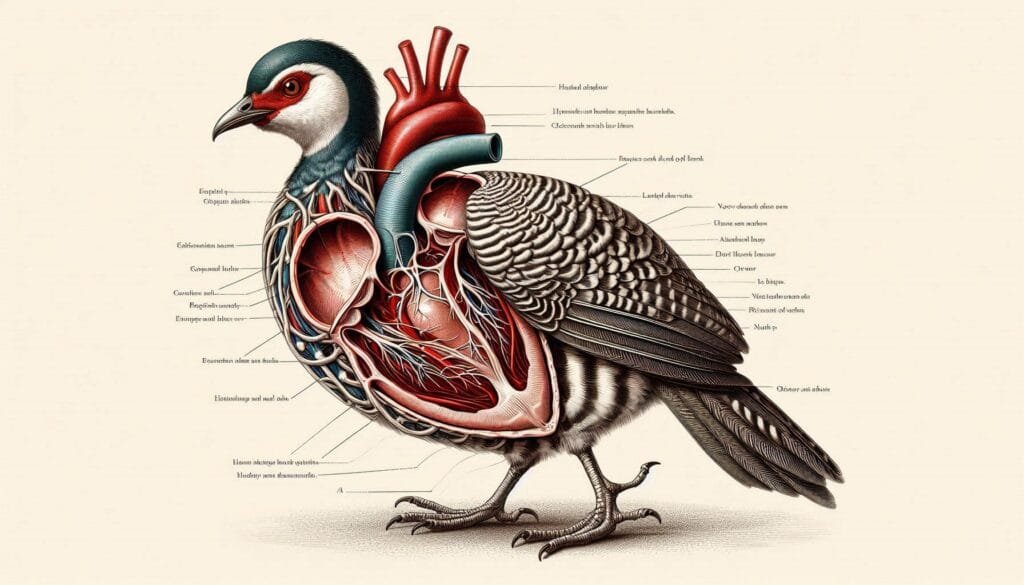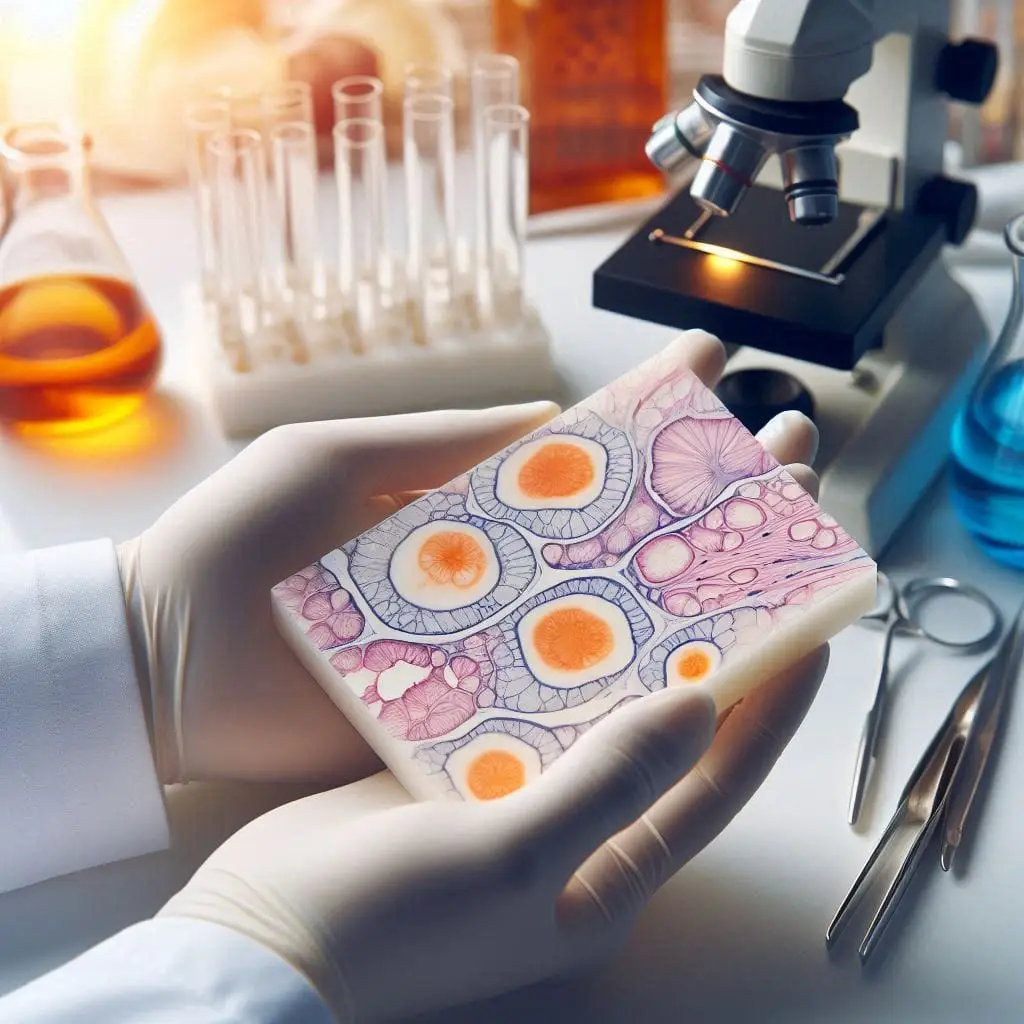Vitamin B-Complex Deficiency in Animals

Understanding Vitamin B-Complex
Vitamin B-complex consists of eight essential vitamins: B1 (Thiamine), B2 (Riboflavin), B3 (Niacin), B5 (Pantothenic Acid), B6 (Pyridoxine), B7 (Biotin), B9 (Folate), and B12 (Cyanocobalamin). Each vitamin has unique functions that contribute to the overall health of animals.
Importance of Vitamin B-Complex
These vitamins are vital for several bodily functions:
- Energy Production: They help convert food into energy.
- Nervous System Health: Many B vitamins support nerve function.
- Red Blood Cell Formation: Certain B vitamins are crucial for producing healthy red blood cells.
- Skin and Feather Health: They contribute to maintaining healthy skin and feathers in birds.
Sources of Vitamin B-Complex
Animals obtain these vitamins from their diet. Common sources include:
- Animal Products: Meat, eggs, and dairy are rich in B vitamins.
- Plant Sources: Green leafy vegetables, legumes, and whole grains also provide these nutrients.
To learn more about dietary sources of vitamins for livestock, check out this article.
Types of Vitamin B Deficiencies
Each type of Vitamin B deficiency can lead to specific health issues. Below is a detailed examination of the most common deficiencies.
Thiamine (Vitamin B1) Deficiency
Symptoms
Thiamine deficiency can cause serious neurological problems. Symptoms include:
- Lethargy
- Head tremors
- Stargazing posture
- Anorexia
Effects on Animals
Severe cases may lead to paralysis or death. For instance, ruminants like cattle may show signs of polioencephalomalacia due to thiamine deficiency.
To understand more about thiamine’s role in animal health, visit this resource.
Riboflavin (Vitamin B2) Deficiency
Symptoms
Riboflavin deficiency primarily affects poultry. Symptoms include:
- Curled toe paralysis
- Slow growth rates
- Reduced egg production
Effects on Birds
Affected chicks may struggle to walk or stand properly. This can lead to increased mortality rates in young birds.
For further reading on riboflavin’s importance in poultry diets, see this study.
Niacin (Vitamin B3) Deficiency
Symptoms
Niacin deficiency can lead to a range of symptoms:
- Dermatitis
- Poor feathering
- Neurological disorders
Effects on Birds and Mammals
In poultry, niacin deficiency can significantly reduce hatchability rates. In pigs, it may cause poor growth and reproductive issues.
Learn more about niacin’s role in animal nutrition by checking this article.
Pantothenic Acid (Vitamin B5) Deficiency
Symptoms
Pantothenic acid is crucial for energy metabolism. Deficiency symptoms include:
- Poor growth rates
- Skin lesions
Effects on Livestock
Livestock may experience reduced productivity due to this deficiency.
For more insights into pantothenic acid’s role in animal health, refer to this research paper.
Pyridoxine (Vitamin B6) Deficiency
Symptoms
Pyridoxine deficiency can lead to:
- Anemia
- Neurological disorders
Effects on Animals
This deficiency impairs red blood cell production, leading to fatigue and weakness.
To learn more about the significance of pyridoxine in animal diets, visit this resource.
Folate (Vitamin B9) Deficiency
Symptoms
Folate is essential for cell division. Its deficiency can cause:
- Anemia
- Neural tube defects in embryos
Effects on Reproductive Health
Pregnant animals may face severe complications if folate levels are low.
For additional information about folate’s importance during pregnancy in animals, check this article.
Cyanocobalamin (Vitamin B12) Deficiency
Symptoms
Cyanocobalamin deficiency affects various species with symptoms like:
- Poor feathering in birds
- Nervous disorders in mammals
Effects on Growth and Development
This deficiency impacts weight gain and feed intake, especially in growing chickens.
To explore the role of vitamin B12 in animal nutrition further, refer to this study.
Biotin (Vitamin B7) Deficiency
Symptoms
Biotin is crucial for skin health. Its deficiency leads to:
- Skin lesions
- Poor hoof condition
Effects on Cattle
Cattle may develop nail wall diseases due to biotin deficiency.
Learn more about biotin’s role in livestock health by visiting this article.
Diagnosis of Vitamin B Deficiencies
Diagnosing vitamin deficiencies often involves observing clinical signs and conducting laboratory tests. Veterinarians may assess diet history and perform blood tests to confirm deficiencies.
Common Diagnostic Methods
- Clinical Observation: Noting symptoms such as poor growth or neurological issues.
- Blood Tests: Checking vitamin levels in the bloodstream.
- Diet Analysis: Evaluating the nutritional content of feed.
Veterinarians play a crucial role in diagnosing these deficiencies early to prevent serious health consequences.
Treatment Strategies for Vitamin B Deficiencies
Once a deficiency is diagnosed, treatment typically includes dietary adjustments or supplementation. Here are some effective strategies:
Dietary Adjustments
- Balanced Diet: Ensure that animals receive a well-balanced diet rich in all essential nutrients.
- Quality Feed: Use high-quality feed that meets the nutritional needs of the specific species.
- Supplementation: Add vitamin-rich supplements if necessary.
For comprehensive guidelines on animal nutrition, refer to this resource.
Supplementation Options
Veterinarians may recommend specific vitamin supplements based on the type of deficiency:
- Injectable Vitamins: For rapid correction of severe deficiencies.
- Oral Supplements: Available as powders or tablets for daily feeding.
- Water Soluble Vitamins: Adding vitamins directly to drinking water for poultry can be effective.
Consult with a veterinarian before starting any supplementation program.
Prevention of Vitamin B Deficiencies
Preventing vitamin deficiencies involves ensuring that animals receive adequate nutrition throughout their lives. Here are some key prevention strategies:
Regular Monitoring
- Feed Quality Checks: Regularly assess feed quality to ensure it meets nutritional standards.
- Health Assessments: Conduct routine health checks to identify any signs of nutritional deficiencies early.
Education and Training
Farmers should educate themselves about animal nutrition requirements. Resources like the National Animal Feed Program provide valuable information on proper feeding practices.
Balanced Feeding Practices
- Diverse Diets: Include a variety of food sources to cover all nutritional bases.
- Seasonal Adjustments: Modify diets based on seasonal changes that affect nutrient availability.
By implementing these strategies, farmers can significantly reduce the risk of vitamin deficiencies among their livestock and poultry.
Conclusion
Vitamin B-complex deficiencies pose significant risks to domestic animals and birds. Understanding the symptoms and effects of these deficiencies is crucial for maintaining optimal health in livestock and poultry. By ensuring a balanced diet and monitoring animal health regularly, farmers can prevent these issues effectively.
For more detailed information on animal nutrition and health management, consider exploring resources from veterinary associations or agricultural universities.
For more pearls of Vets Wisdom:
Cattle sperm Cryopreservation






Responses